
by Debbie Palmer | Mar 15, 2022 | Featured, General, Watershed
Rainy April weather will soon be upon us. While the rain is beneficial to May flowers, it can also bring water issues. Standing water is more than just unsightly. It can kill your grass and plants, damage your home’s foundation and attract mosquitoes and other...

by Debbie Palmer | Mar 8, 2022 | Featured, General, Invasive Species
Photo by Donna Lewis As the mute swan population has exploded in the last few decades, so has the destruction of habitats attributed to their presence. What’s Not to Love About a Swan? Swans symbolize love, devotion, romance, clairvoyance, inner beauty, grace, and...

by Debbie Palmer | Feb 24, 2022 | Featured, General, Watershed
Photo courtesy of Jim Haist As most of you are aware, the Kline Levee was built in 1992 to prevent sediment and pollutants from moving from the Kline Wetland and surrounding watershed into the lake during storm events and periods of high water. Having outlived...

by Debbie Palmer | Feb 15, 2022 | Featured, General, Lake Info
Chances are if you have visited a spa or gone for a massage you were surrounded by soothing sounds from the moment you entered. What is often heard is the sound of nature; water lapping against the shore, leaves rustling in the breeze, birds singing and frogs...

by Debbie Palmer | Feb 1, 2022 | Water Quality
According to a home value study completed by the Ohio Sea Grant College Program at Ohio State University, an improvement in water clarity of two meters can lead to a 5% increase in the average property value (Banicki, 2006). Conversely, another study suggests...
by Debbie Palmer | Feb 1, 2022 | Newsletters
February Newsletter 2022Download

by Debbie Palmer | Jan 18, 2022 | General, Watershed
If you want this adorable caterpillar in your garden, you need to include Lindera benzoin, common name Spicebush, in your landscape. I am listening to a 6-week webinar course titled “Tending Nature: Native Plants and Every Gardener’s Role in Fostering...
by Debbie Palmer | Jan 1, 2022 | Newsletters
January Newsletter 2022Download

by Debbie Palmer | Dec 17, 2021 | Aquatic Vegetation, Featured, General, Lake Info, Water Quality
Winter conditions play a role in what the lake could look like next season According to an email I received from Indiana Climate INformer, we are now experiencing our second winter in a row with active La Niña conditions in the equatorial Pacific. The main wintertime...
by Debbie Palmer | Dec 1, 2021 | Newsletters
December Newsletter 2021Download
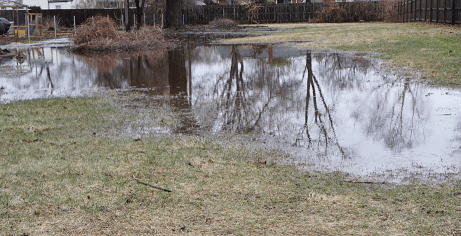

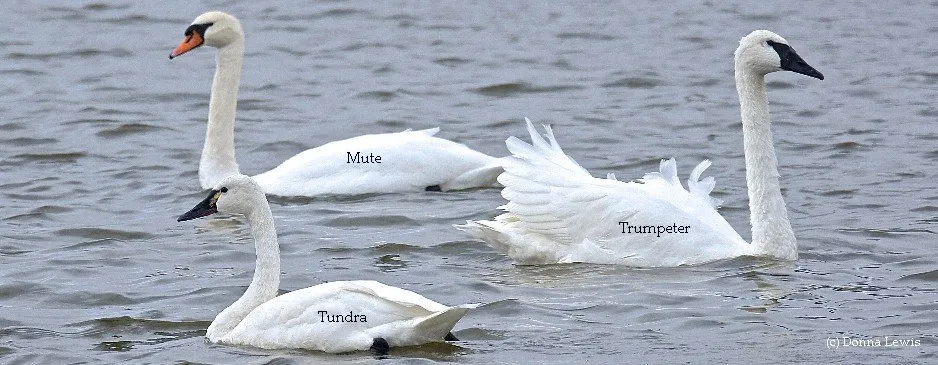
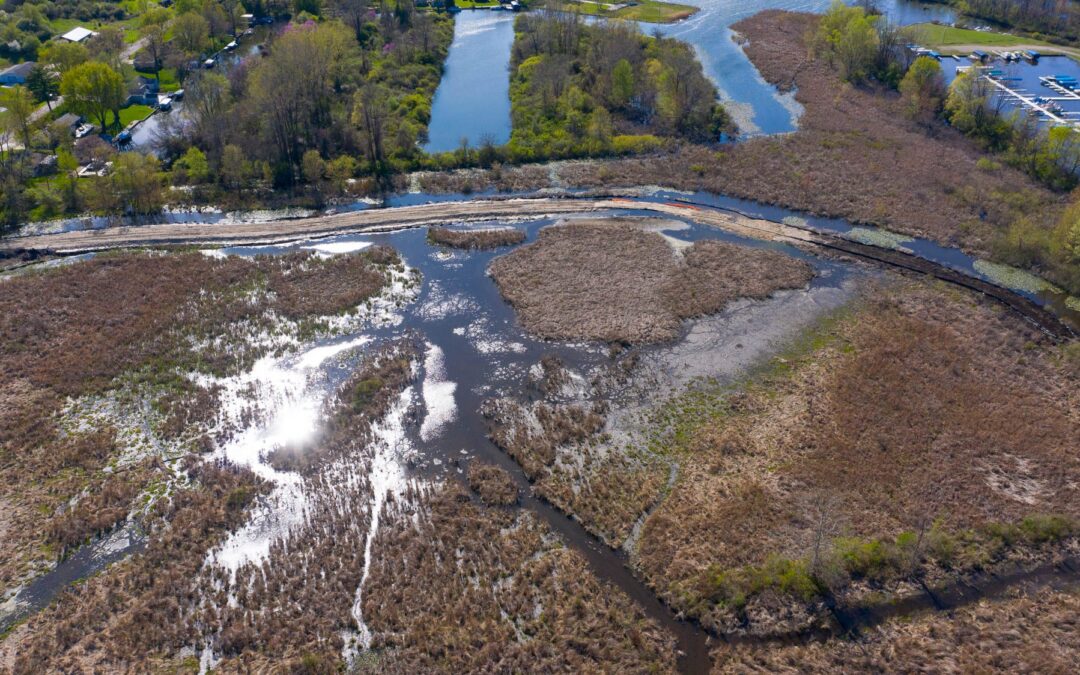
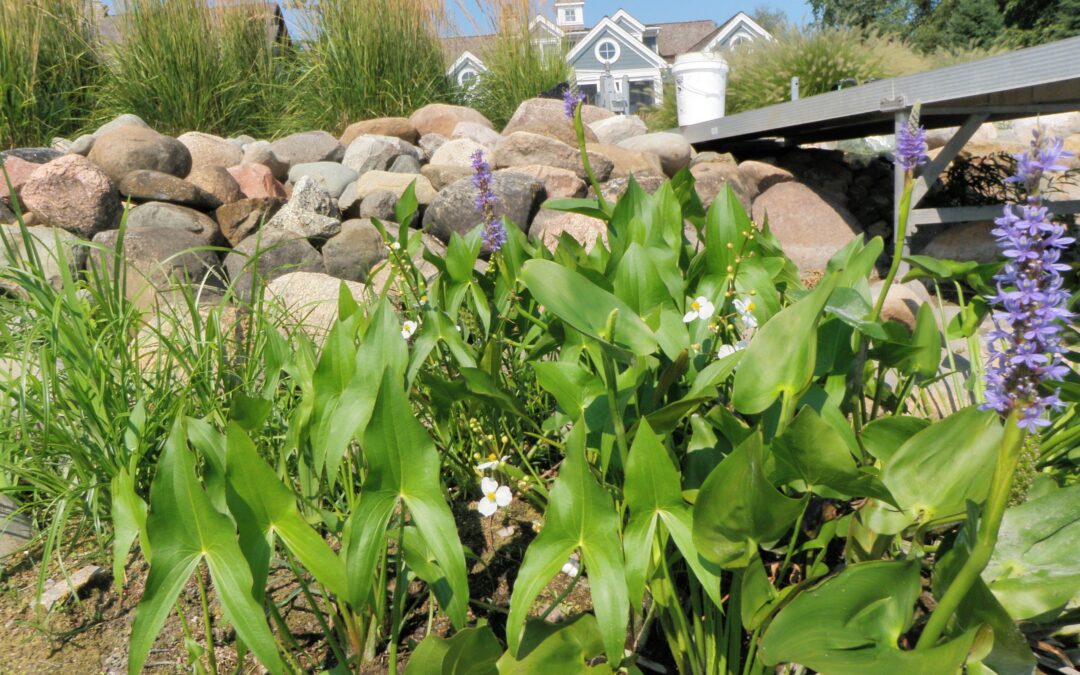
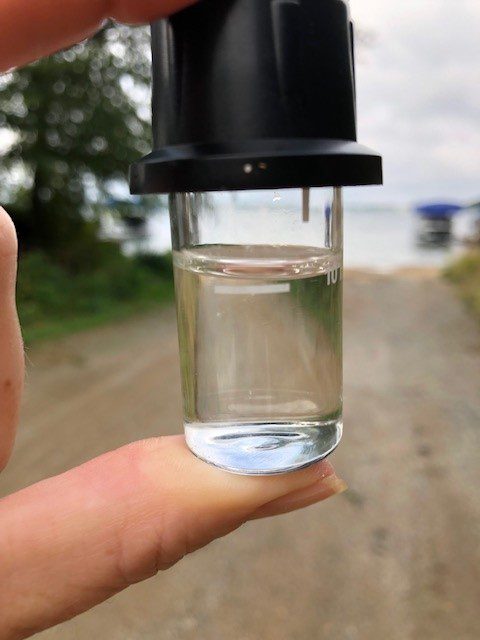
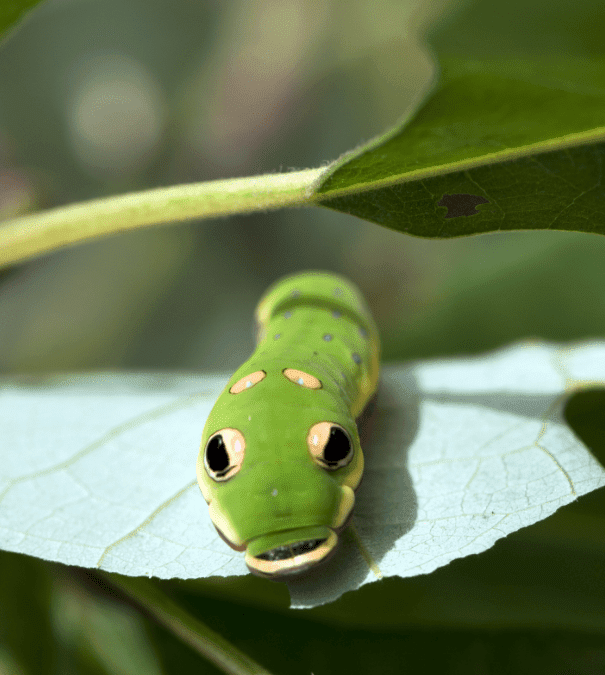
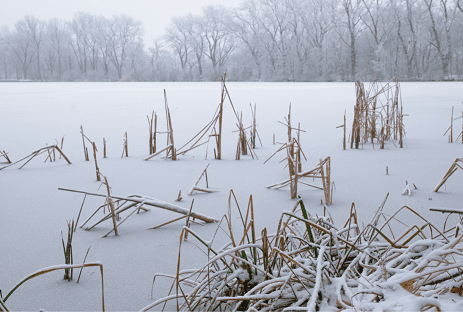

Recent Comments